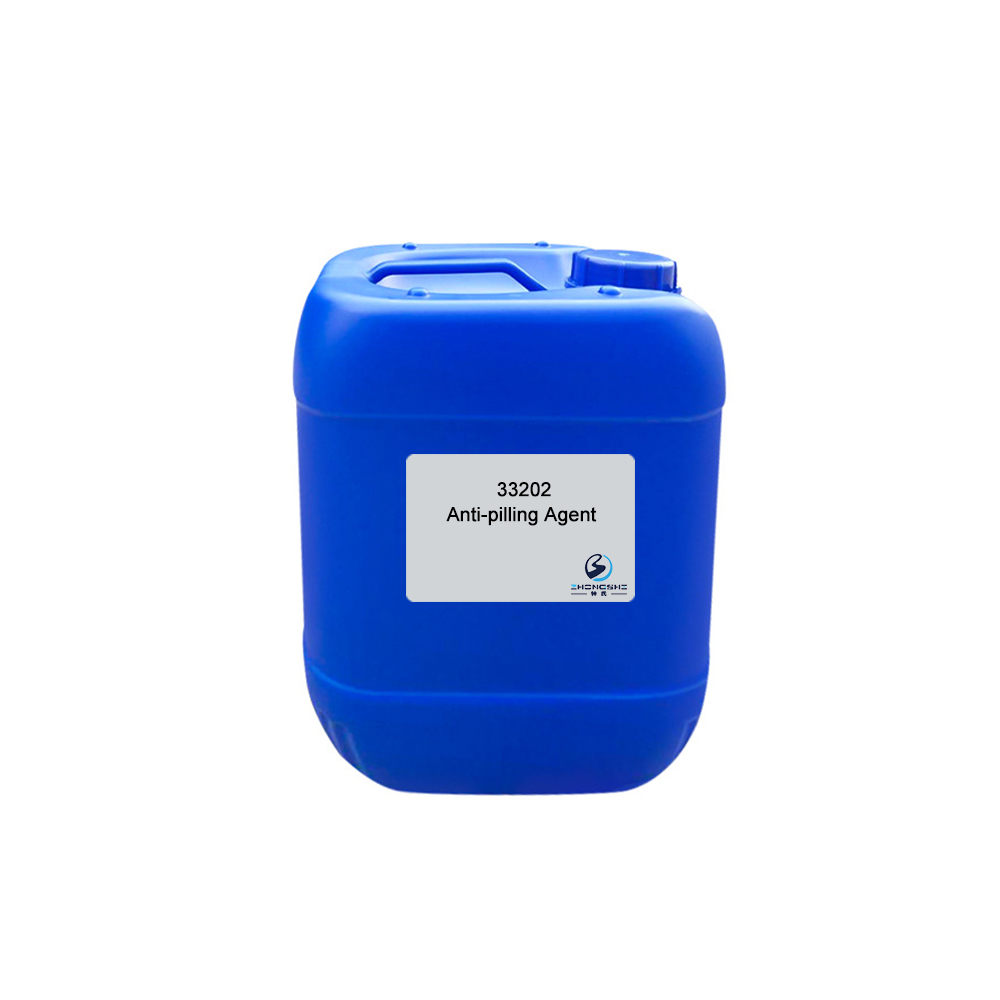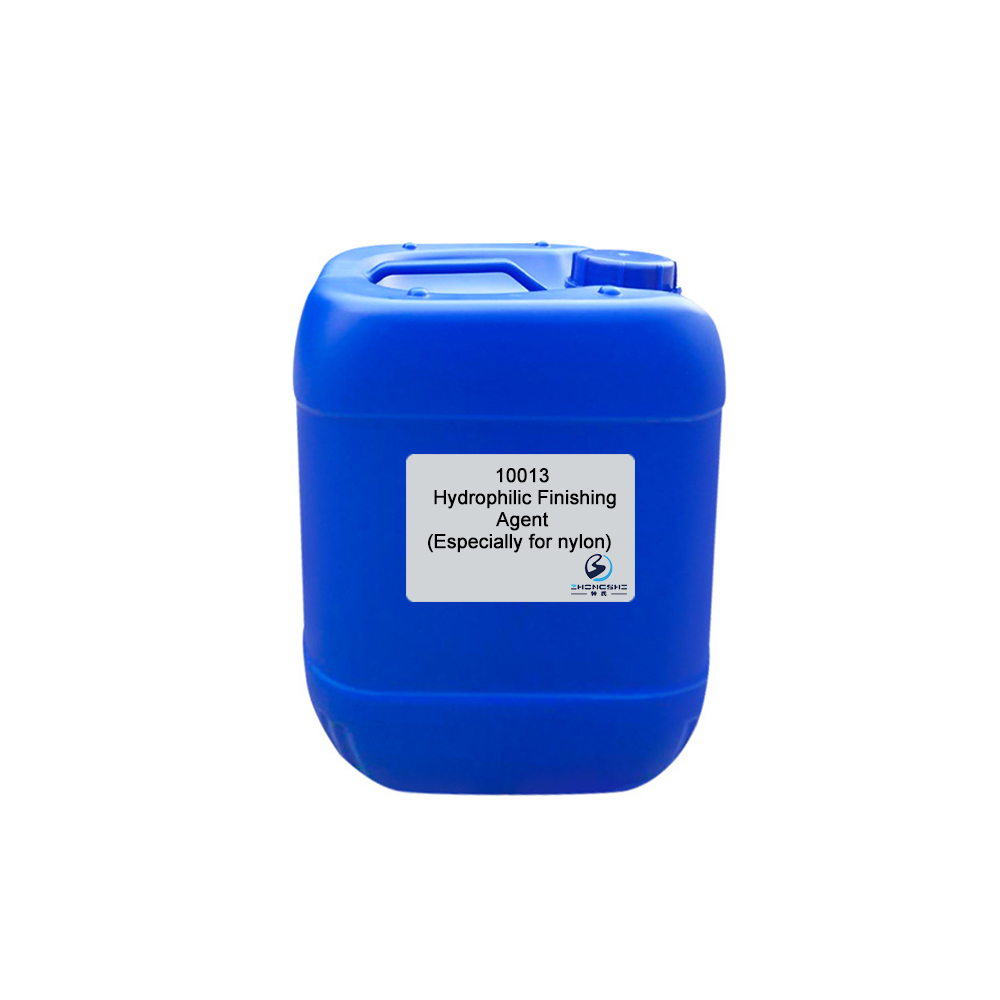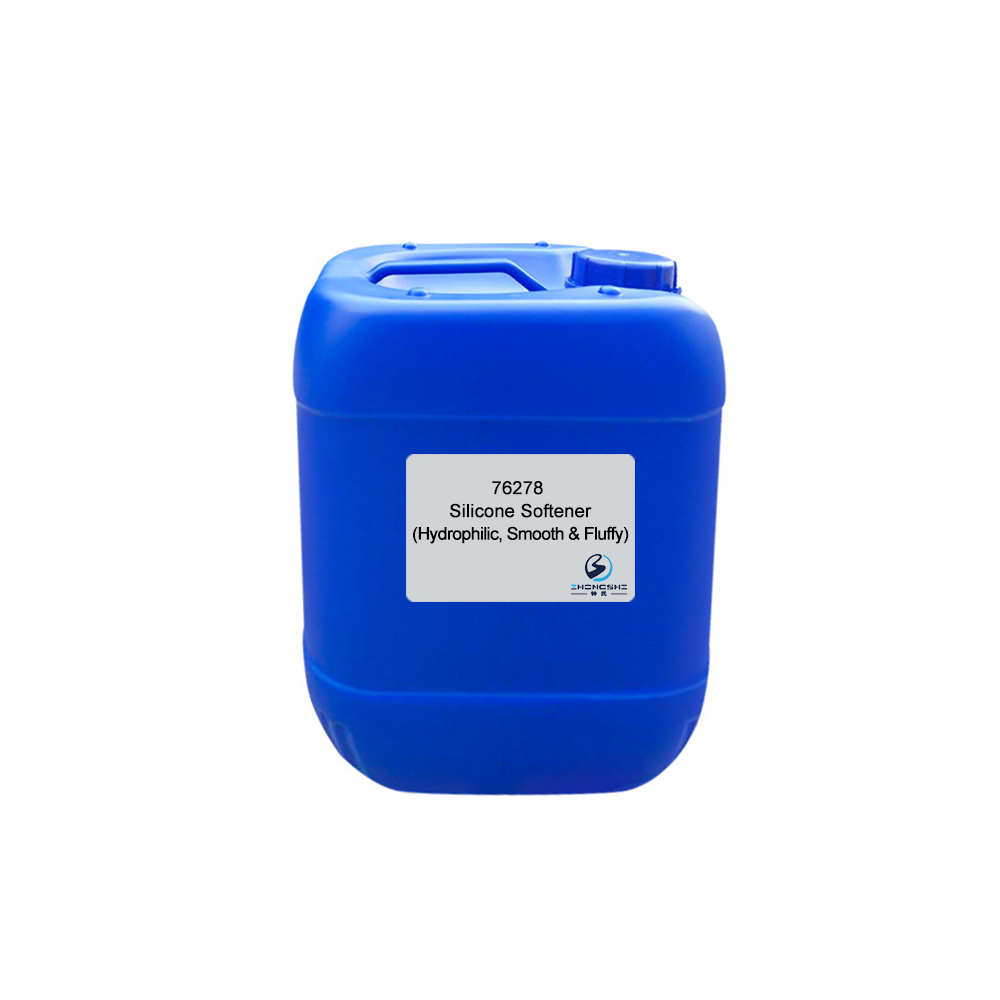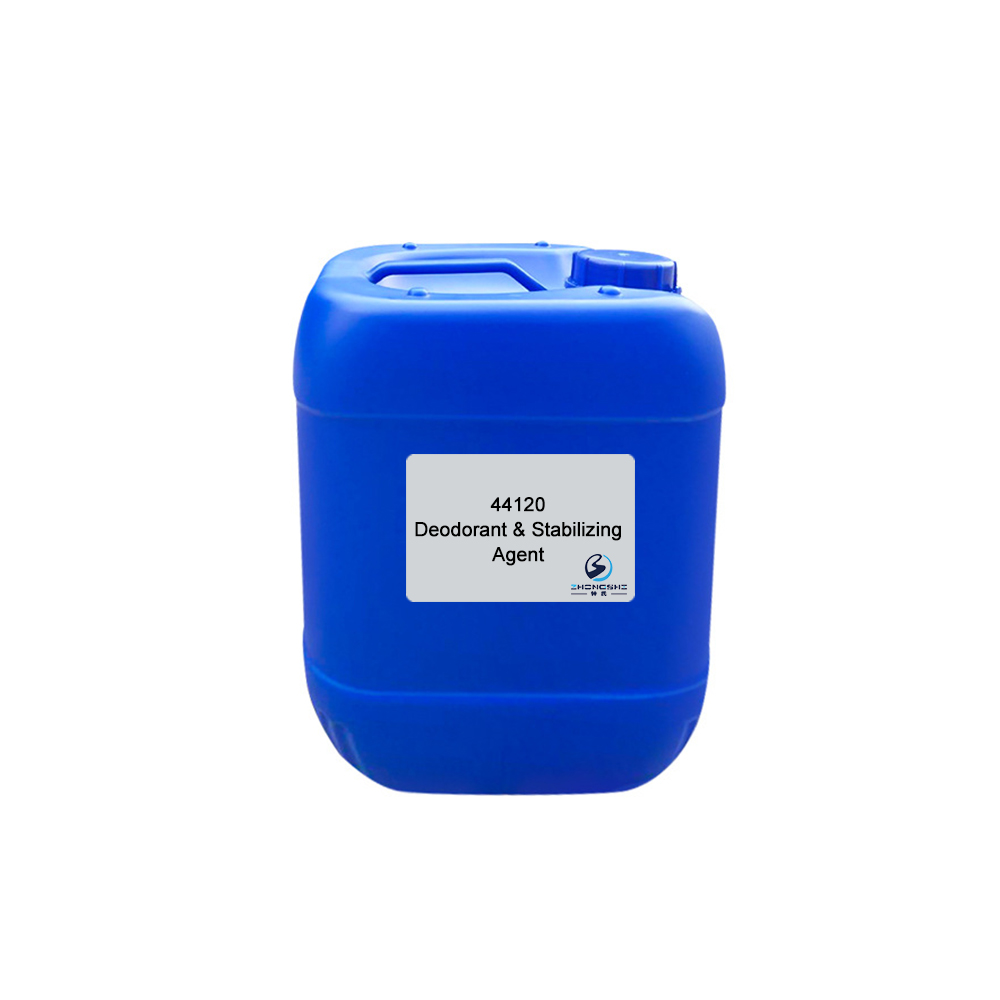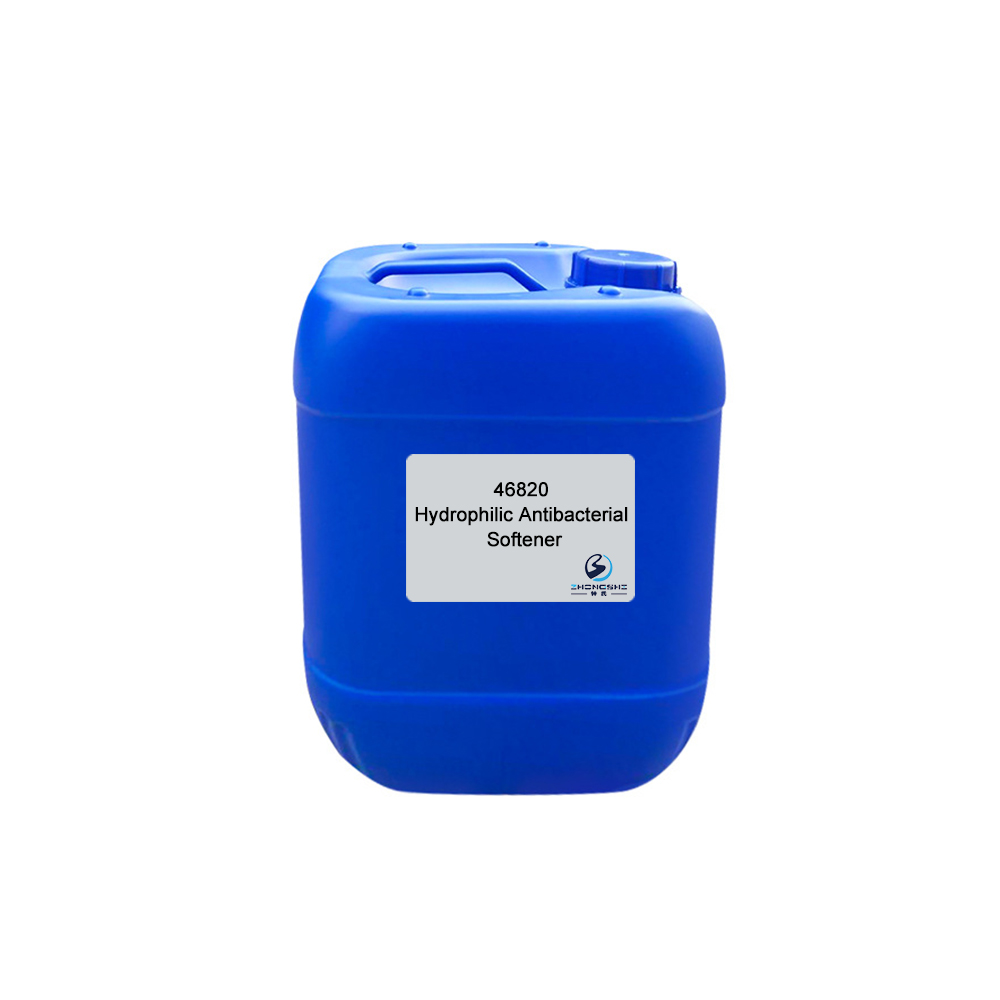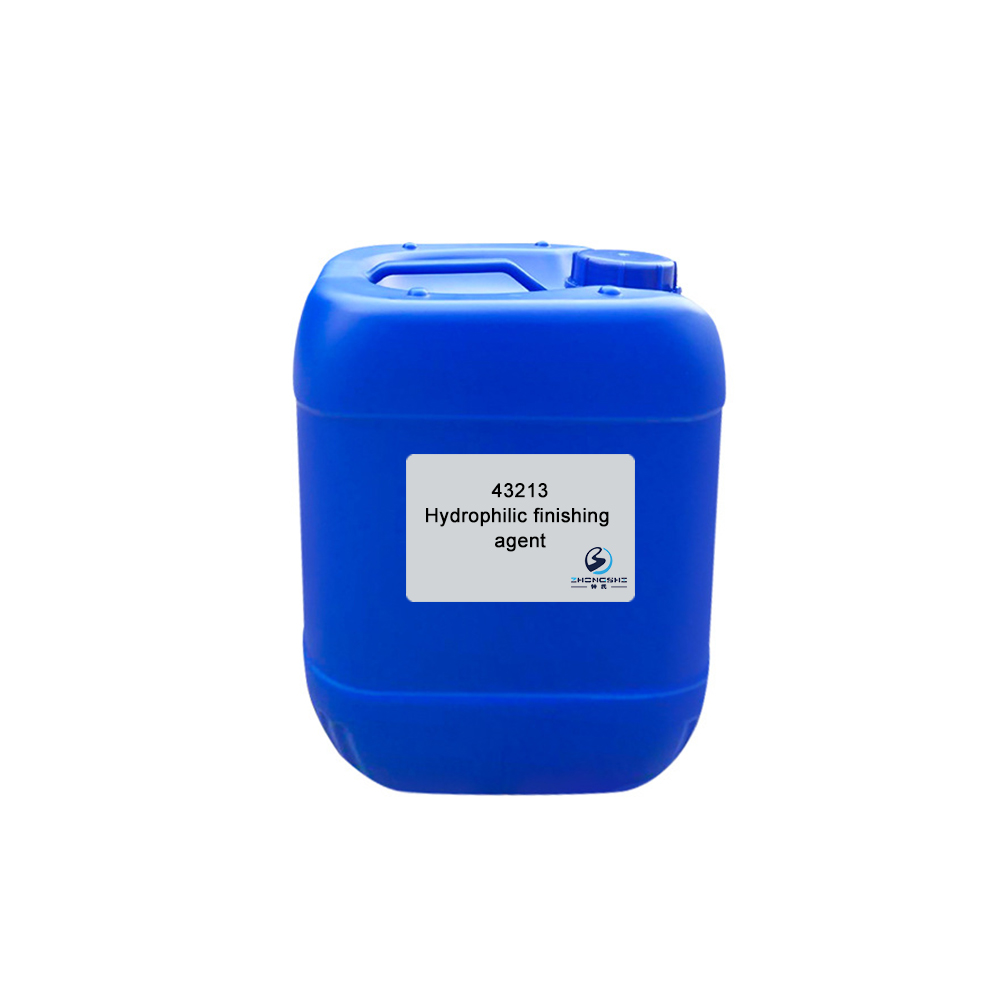Super Purchasing for Scouring Agent - 33154 Softener (Hydrophilic, Soft & Fluffy) – Innovative
Super Purchasing for Scouring Agent - 33154 Softener (Hydrophilic, Soft & Fluffy) – Innovative Detail:
Features & Benefits
- Not belongs to AEEA fatty acid condensation. Fits international environmental standards and requirements of textile industry.
- Excellent hydrophilicity.
- Imparts fabrics excellent and balanced soft and fluffy hand feeling.
- Low yellowing and low phenolic yellowing.
- Wide application range.
- Suitable for padding and dipping process.
Typical Properties
| Appearance: | Light yellow paste |
| Ionicity: | Cationic |
| pH value: | 5.0±1.0 (1% aqueous solution) |
| Solubility: | Soluble in water |
| Content: | 89% |
| Application: | Cotton, wool and blends, etc., |
Package
120kg plastic barrel, IBC tank & customized package available for selection
TIPS:
Properties of cotton fiber
Cotton fiber is one of the most important natural textile fibers of plant origin and accounts for about one third of the total world production of textile fibers. Cotton fibers grow on the surface of the seed of cotton plant. Cotton fiber contains 90~95% cellulose which is an organic compound with the general formula (C6H10O5)n. Cotton fibers also contain waxes, pectins, organic acids and inorganic substances which produce ash when fiber is burnt.
Cellulose is a linear polymer of 1,4-β-D-glucose units linked together by valence bonds between the carbon atoms number 1 of one glucose molecule and number 4 of another molecule. The degree of polymerisation of cellulose molecule may be as high as 10000. The hydroxyl groups OH protruding from the sides of the molecule chain link neighboring chains together by hydrogen bond and form ribbon-like microfibrils which are further arranged into larger building blocks of the fiber.
Cotton fiber is partly crystalline and partly amorphous; the degree of crystallinity measured by X-ray methods is between 70 and 80%.
The cross-section of cotton fiber resembles a ‘kidney bean’ shape where several layers can be recognized as follows:
1. The outermost cell wall which in turn is composed of the cuticle and the primary wall. The cuticle is a thin layer of waxes and pectins which covers the primary wall consisting of microfibrils of cellulose. These microfibrils are arranged into a network of spirals with right- and left-hand orientation.
2. The secondary wall is composed of several concentric layers of microfibrils which periodically change their angular orientation with respect to the fiber axis.
3. The collapsed central hollow is lumen consisting of dried remains of cell nucleus and protoplasm.
Product detail pictures:
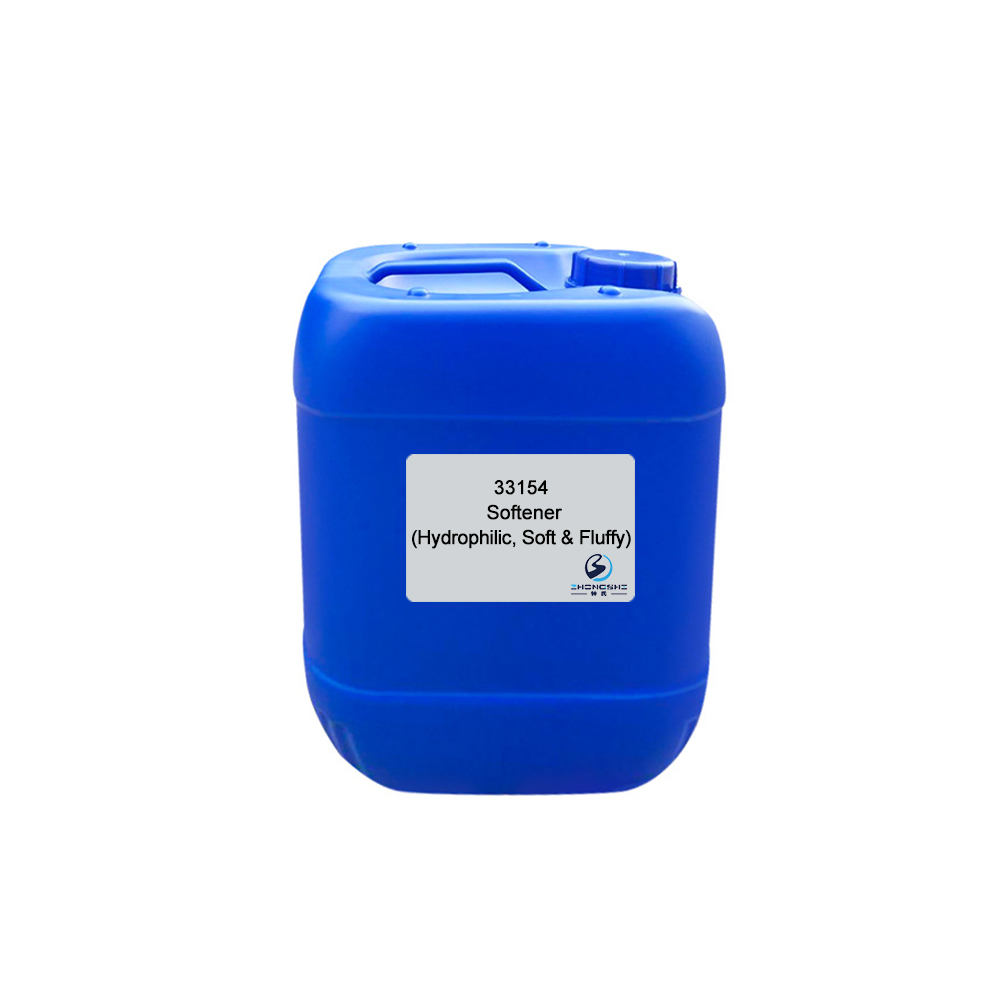
Related Product Guide:
Leveling agent can promote uniform dyeing without dyeing defects, as color strips or color stains, etc. Super Purchasing for Scouring Agent - 33154 Softener (Hydrophilic, Soft & Fluffy) – Innovative , The product will supply to all over the world, such as: Bangkok, California, Greenland, High Concentration & High Temperature Leveling Agent 22503 can be applied in high temperature and high pressure dyeing process. It is suitable for fabrics and yarns of polyester fiber and polyester blends, etc. Leveling Agent 22503 has excellent transferring performance and strong ability of retarding. It can make fibers dyed evenly, decrease the initial dyeing rate and solve dyeing defects. Leveling Agent 22503 is eco-friendly and low foam.
The factory can meet continuously developing economic and market needs, so that their products are widely recognized and trusted, and that's why we chose this company.


